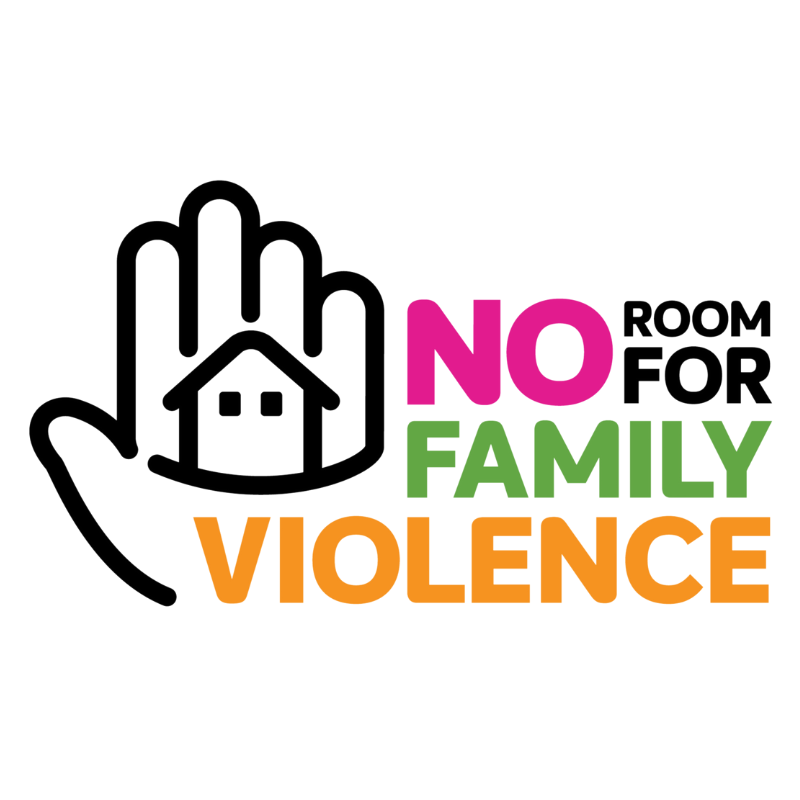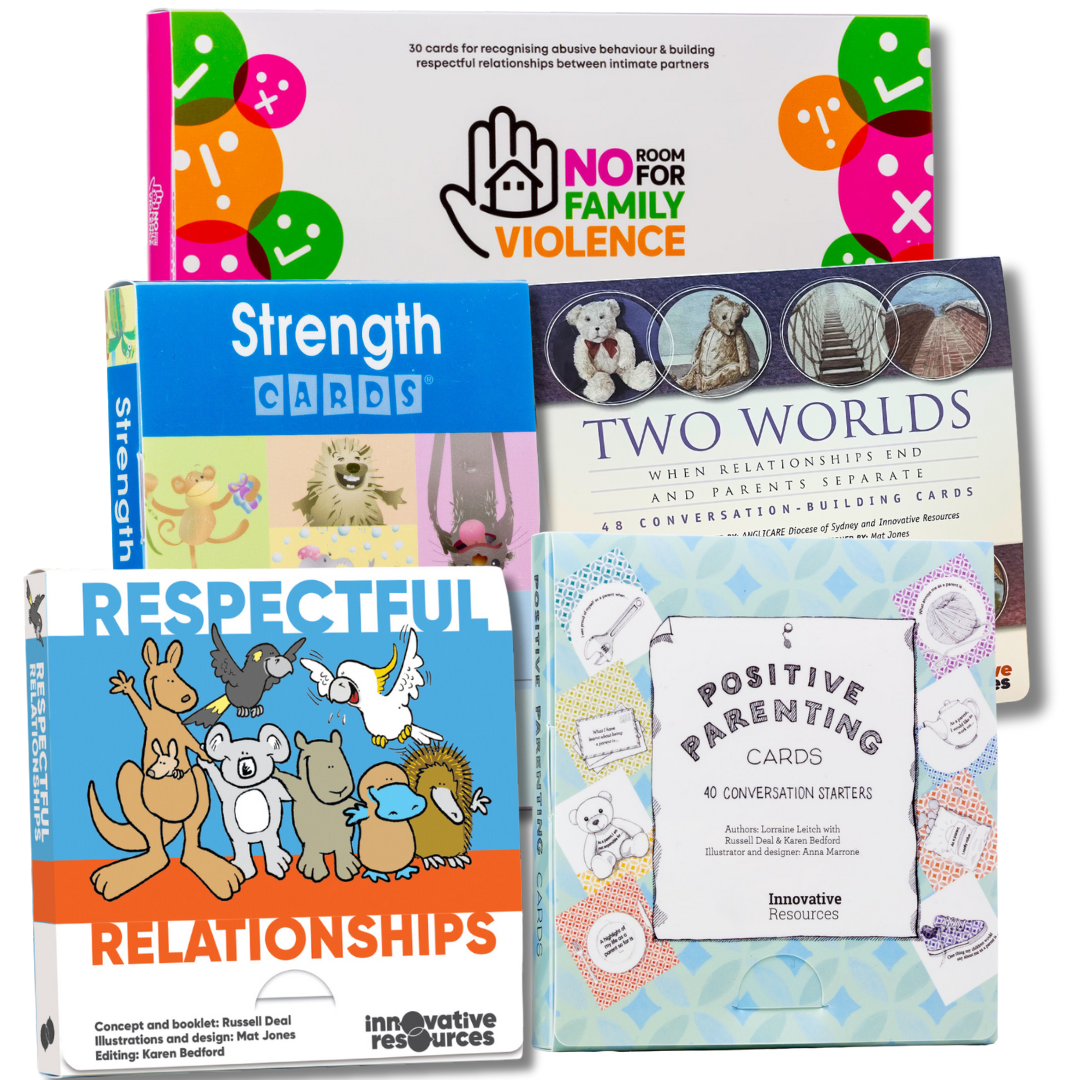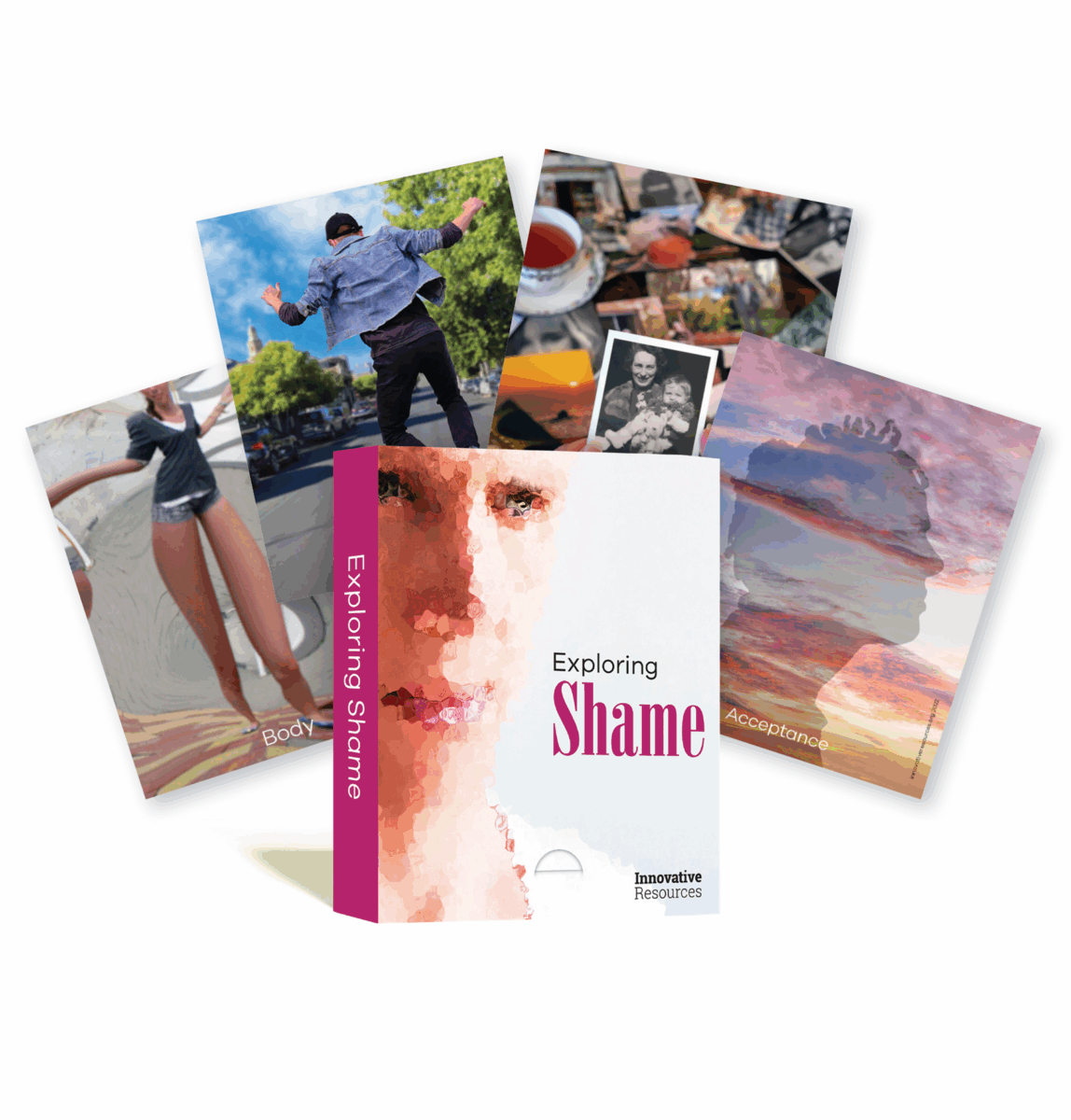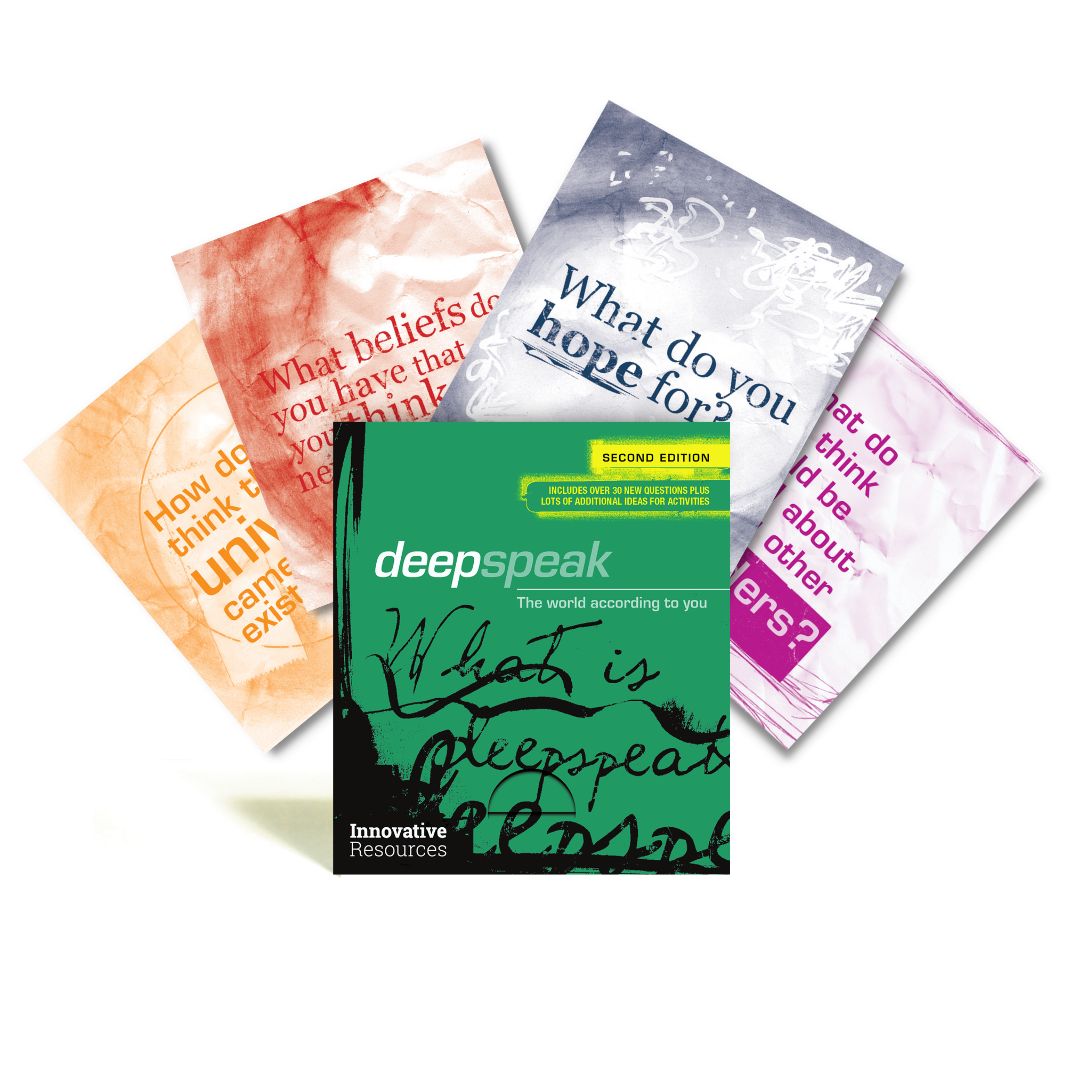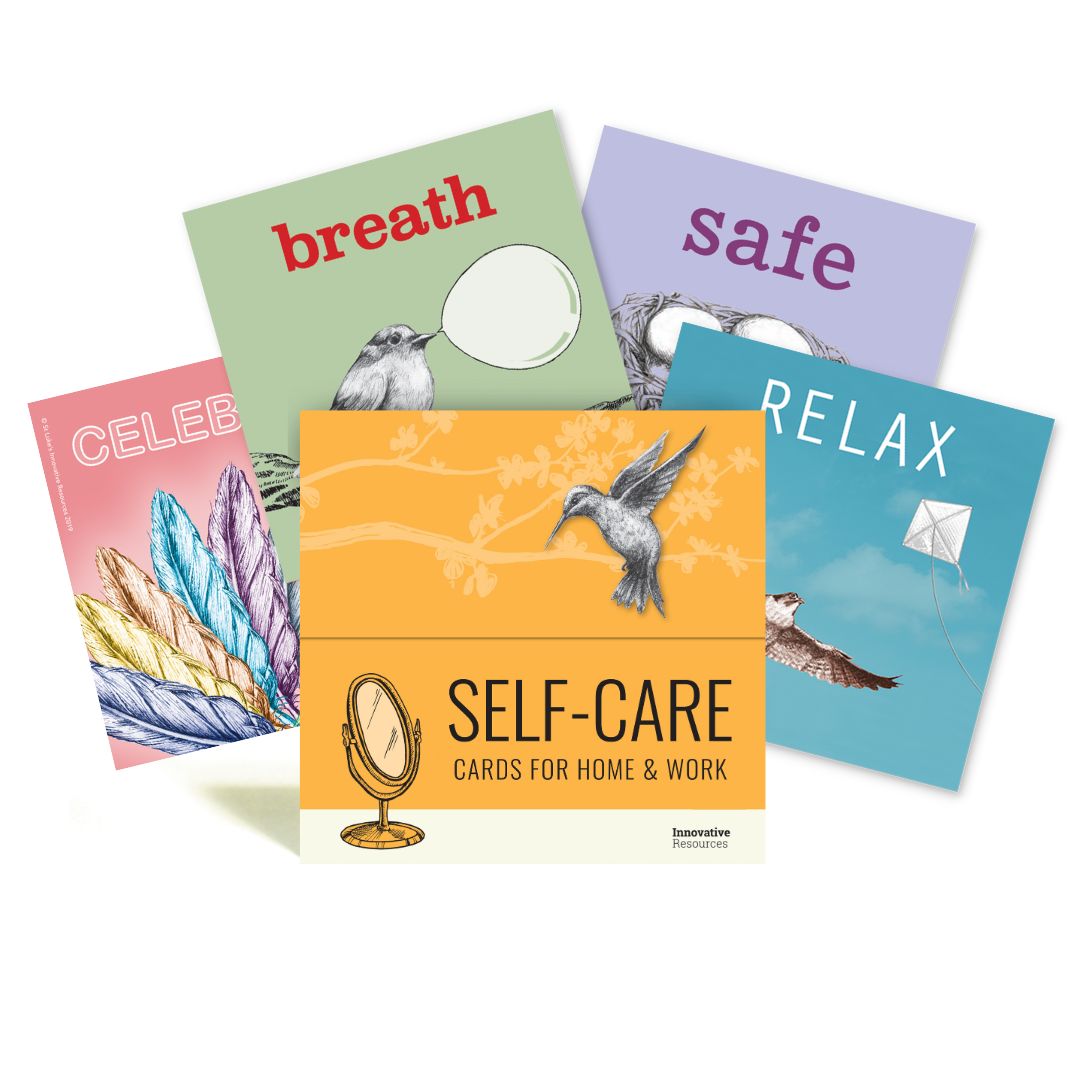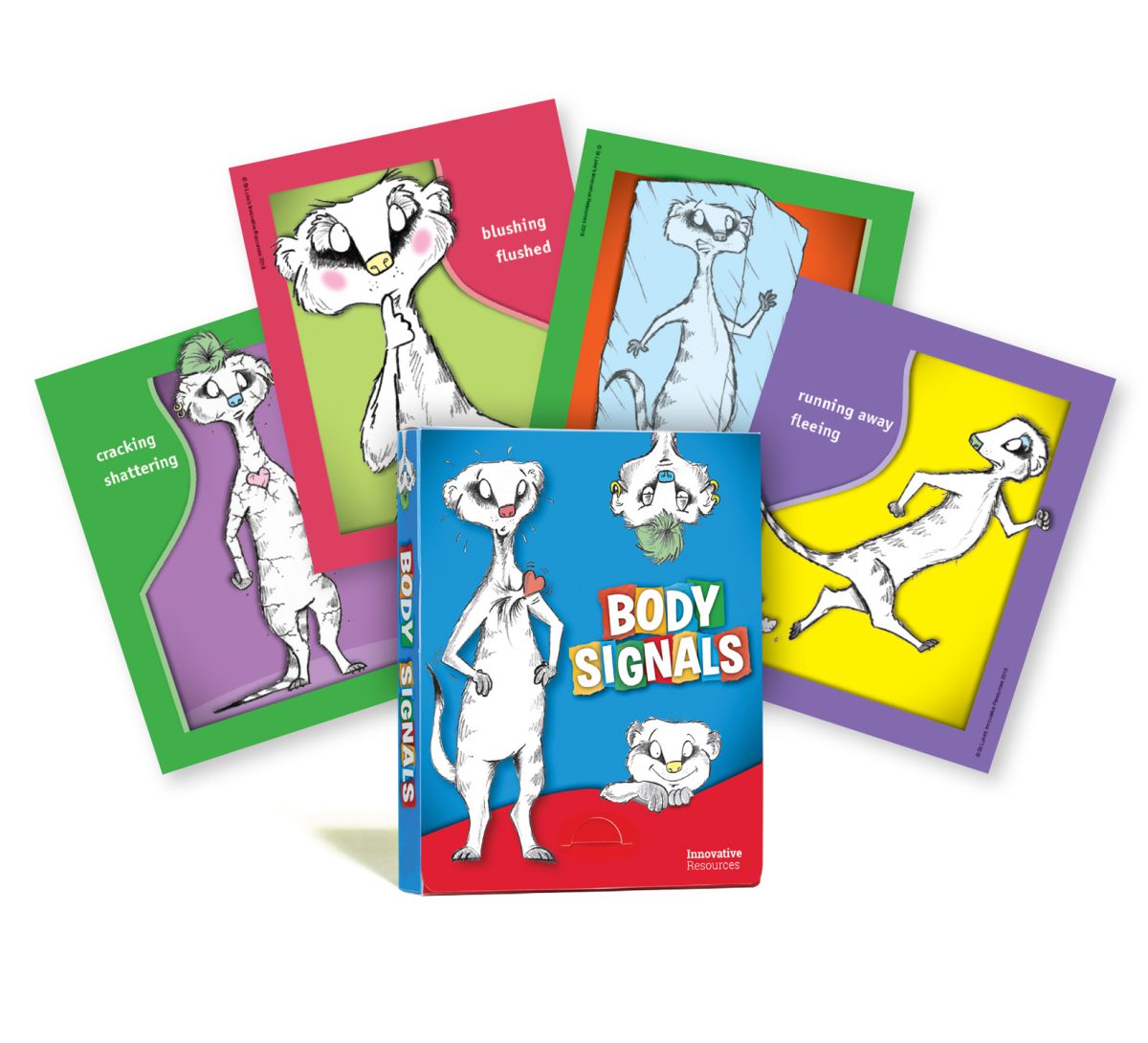



card sets
No Room For Family Violence
Product Code: 4945
$79.95 inc. GST
a resource for exploring what positive, respectful relationships look like
193 in stock
Product Overview
What is abusive behaviour in an intimate partner relationship? What are the markers of respectful relationships?
No Room for Family Violence explores these key questions and poses many more, encouraging participants to recognise family violence and discuss what they really want in their relationships.
In intimate partner relationships, ‘power-with’ and ‘power-over’ manifest in our attitudes to gender roles, sexuality, finances, friends, family and decision-making. The 30 cards that make up No Room for Family Violence provide a range of questions and statements to guide participants through the nuances of intimate relationships and the differences between abusive and respectful behaviour.
Divided into three suits—What I want MORE of, What I want NONE of and What CONCERNS me—the cards empower people to engage in open conversations about their situation by exploring 10 key aspects of intimate relationships.
No Room for Family Violence is ideal for use in family violence services, counselling, health education and mental health settings, schools, sporting clubs, refuges and community services.
What's Included?
- 30 laminated, full-colour cards (210mm x 100mm) in a sturdy folio box
BONUS: Free access to the No Room for Family Violence Digital Toolbox
- Digital version of the cards and a digital booklet full of ideas for using the cards
- Extra support resources including ideas bank, card hacks and blogs
To use the digital toolbox, simply create a customer account. All digital products follow our Digital Usage Policy – see Copyright and Digital Usage for details.
How to Use
- Using the ‘MORE’ cards: Pick three cards for behaviours you value highly in a relationship. Why are these important to you? Were these behaviours valued in your family growing up?
- Using the ‘NONE’ cards: Pick three cards that represent boundaries or ‘bottom lines’ for you in a relationship. What action could you take if these behaviours were happening in a relationship of yours? Is there anyone you could talk to? What support would you appreciate most?
- Using the ‘CONCERN’ cards: Pick cards that relate to things you may be concerned or unsure about in a current relationship. Which ones are you most concerned or unsure about? How would you like things to be different?
For more inspiration, explore our Ideas Bank.
Suitable for
This resource is designed for people working in roles that support others, including:
- Counsellors, psychologists and social workers

